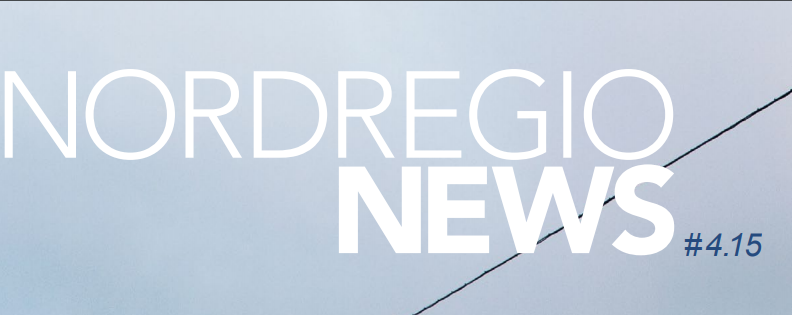Färgfabriken’s Experiment Stockholm exhibition was opened to the public on 23 September 2015. The public exhibition includes original artworks such as a liveable green house, a floating exhibition, a soundscape and a video installation in the main hall, as well as a more academically oriented project room.
The latter showcases a number of contemporary key themes of urban planning (such as City, suburb, countryside; Interaction and integration; Nodes and hubs; and Beyond the car age). It depicts the main challenges, suggests solutions and creates scenarios. As one of the curators put it, “the main hall with the artworks you enter with your body, while the project room you enter with your mind”.
The public exhibition is the result of a number of projects, meetings, and other activities that have taken place during the past two years. In addition, the exhibition is still evolving, and a number of events and experiments will take place throughout the public exhibition until the end of November.
Nordregio continues to contribute to the content of the exhibition through active engagement in events and experiments. For example, we have discussed and contributed to the key themes that are showcased in the project room and held presentations during public events, as well as actively participating in partner workshops before and during the public exhibition. We are also organizing our own events within the framework of the exhibition.
However, Nordregio is also critically analysing the processes and the exhibition in terms of new forms of urban governance and concepts such as “urban living labs”. In this way, we investigate the relations between informal self-organizing initiatives and “soft modes of temporary governance” on the one hand, and formal planning structures on the other. These investigations are embedded in the research project CASUAL Co-creating Attractive and Sustainable Urban Areas and Lifestyle—Exploring new forms of inclusive urban governance (2013–2016) funded by the Urban Europe Joint Programme Initiative. The Färgfabriken Art Foundation is a local partner in the project. The CASUAL project also has international partners and includes researchers from the Delft University of Technology and the Austrian Institute for Spatial Planning (OIR).
This article is part of Nordregio News #4. 2015, read the entire issue here.


